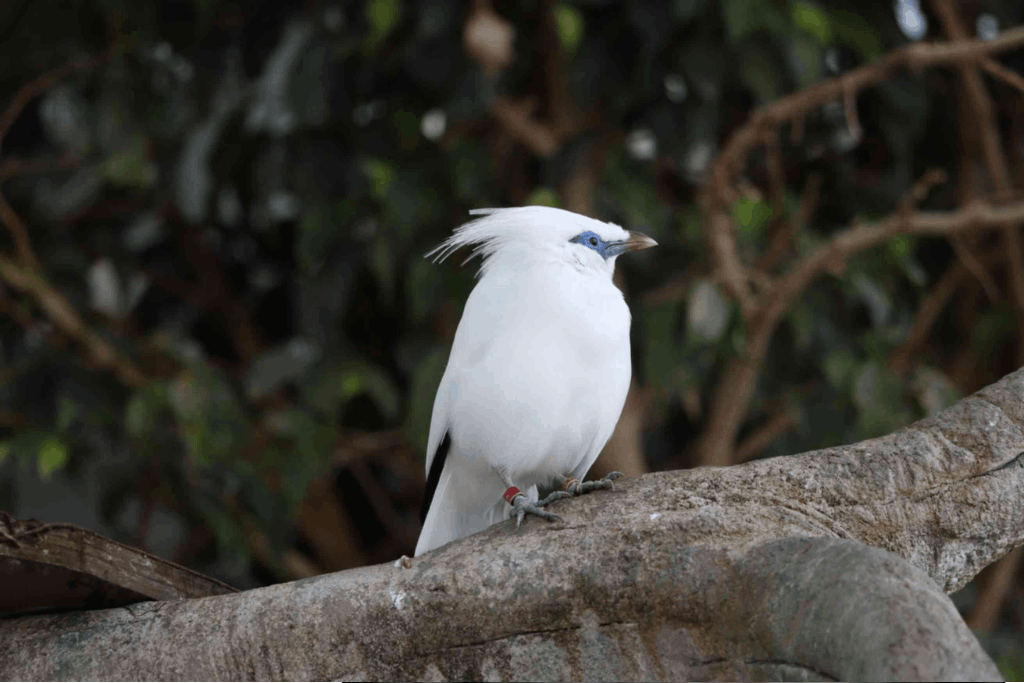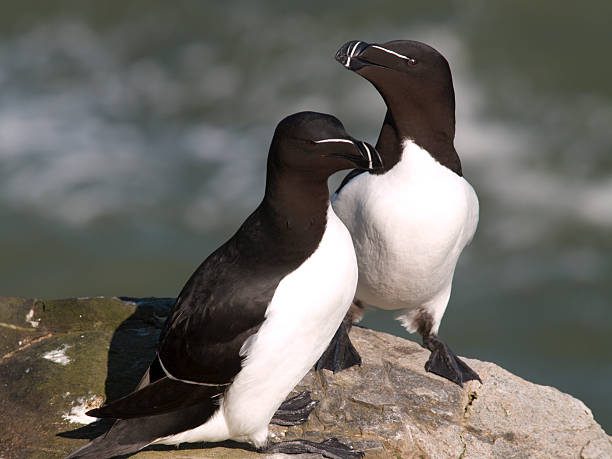White finches are captivating and beautiful birds to hold as pets. Their colourful personalities and sweet songs cause them to popular among chicken fans. However, to ensure they thrive, it’s critical to know a way to take care of them nicely. This manual will walk you via the basics of white finch care, protecting the whole thing from housing to diet and fitness.

Choosing the Right Cage
Size and Space
- White finches want lots of room to fly and exercising. Choose a cage this is at least 18 inches huge, 18 inches deep, and 24 inches excessive. The bars have to be no more than 1/2 an inch aside to save you your finch from escaping or getting stuck.
Placement
- Place the cage in a quiet, draft-loose vicinity with masses of natural mild however away from direct sunlight. Avoid setting the cage near windows or vents where temperature fluctuations can occur.
Furnishing the Cage
Perches
- Provide numerous perches of various sizes and textures to assist preserve your finch’s feet healthy. Natural wood perches are perfect as they mimic the chook’s natural habitat.
Toys and Accessories
- Include some toys to preserve your finch entertained, along with swings, ladders, and bells. Ensure the toys are secure and do not have small parts that could be ingested.
Nesting
- White finches appreciate a comfy nest for resting and breeding. You can buy a finch nest from a puppy shop or make one from herbal materials like coconut fiber.

Feeding Your Finch
Seed Mix
- A outstanding finch seed mix ought to be the primary thing of your finch’s weight loss program. These mixes normally include a lot of seeds that provide essential nutrients.
Fresh Fruits and Vegetables
- Supplement your finch’s diet with small portions of clean, end result and veggies. Safe options include apples, carrots, spinach, and broccoli. Always wash produce well. Also, promptly dispose of any uneaten meals to avoid spoilage.
Protein
- Occasionally, white finches need greater protein, especially throughout breeding season. Offer them small amounts of boiled egg or
mealworms.
Fresh Water
- Provide sparkling water every day in a easy, shallow dish. Consider using a water bottle designed for birds to maintain the water clean longer.
Maintaining a clean environment.
Daily Cleaning
- Remove uneaten food, droppings, and any dirty bedding daily. This lets it stop bacteria from spreading. It also keeps the cage clean.
Weekly Cleaning
- Once per week, carry out a radical cleaning of the cage. Remove all accessories and scrub the cage with heat, soapy water. Rinse it well and let it dry completely. Then, replace the accessories and it’s your finch.
Health and wellbeing
Regular Check-ups
- Take your finch to an avian vet for everyday check-ups. This guarantees any capability health issues are caught early and treated promptly.
Common Health Issues
- Watch for signs of contamination. These include lethargy, changes in appetite, abnormal droppings, or feather loss. If you notice any of those symptoms, consult a vet without delay.
Grooming
- White finches groom meticulously. But, they will benefit from a shallow dish of water for baths. Alternatively, mist them lightly with a twig bottle packed with smooth, lukewarm water.

Social Interaction
Companionship
- Finches are social birds and thrive in pairs or small groups. Keeping at least two finches together can prevent loneliness and promote natural behaviors.
Handling
- White finches are delicate and can be stressed by excessive handling. Interact with them gently and minimize direct handling. Allow them to come to you at their own pace.
Breeding White Finches
Preparing for Breeding
- If you decide to breed your finches, provide a comfortable nesting area and ensure they are on a nutritious diet. Breeding pairs need extra protein and calcium.
Raising Chicks
- Finch chicks need special care. Ensure the parents have plenty of food and a quiet, secure environment to raise their young. Do not disturb the nest unnecessarily.
Understanding Finch Behavior
Vocalizations
- White finches communicate through a variety of chirps and songs. Learn to recognize their different calls, which can indicate contentment, distress, or the need for attention.
Body Language
- Pay attention to your finch’s body language. Fluffed feathers can indicate cold or illness, while a bobbing head often signifies happiness.
- Spend time near the cage, talking or singing to your finch. This helps them feel secure and part of your household.
Environmental Changes
- Occasionally rearrange the cage setup or introduce new toys to keep your finch mentally stimulated. However, avoid making changes too frequently, as this can cause stress.
Conclusion
Caring for white finches can be a rewarding enjoy. By imparting a proper weight loss plan, a smooth and safe environment, normal health care, and social interaction, you may make certain your finches lead happy and wholesome lives. Remember to examine your birds frequently and respond to their needs promptly. With the right care, your white finches will thrive and bring joy to your own home for decades to come.










